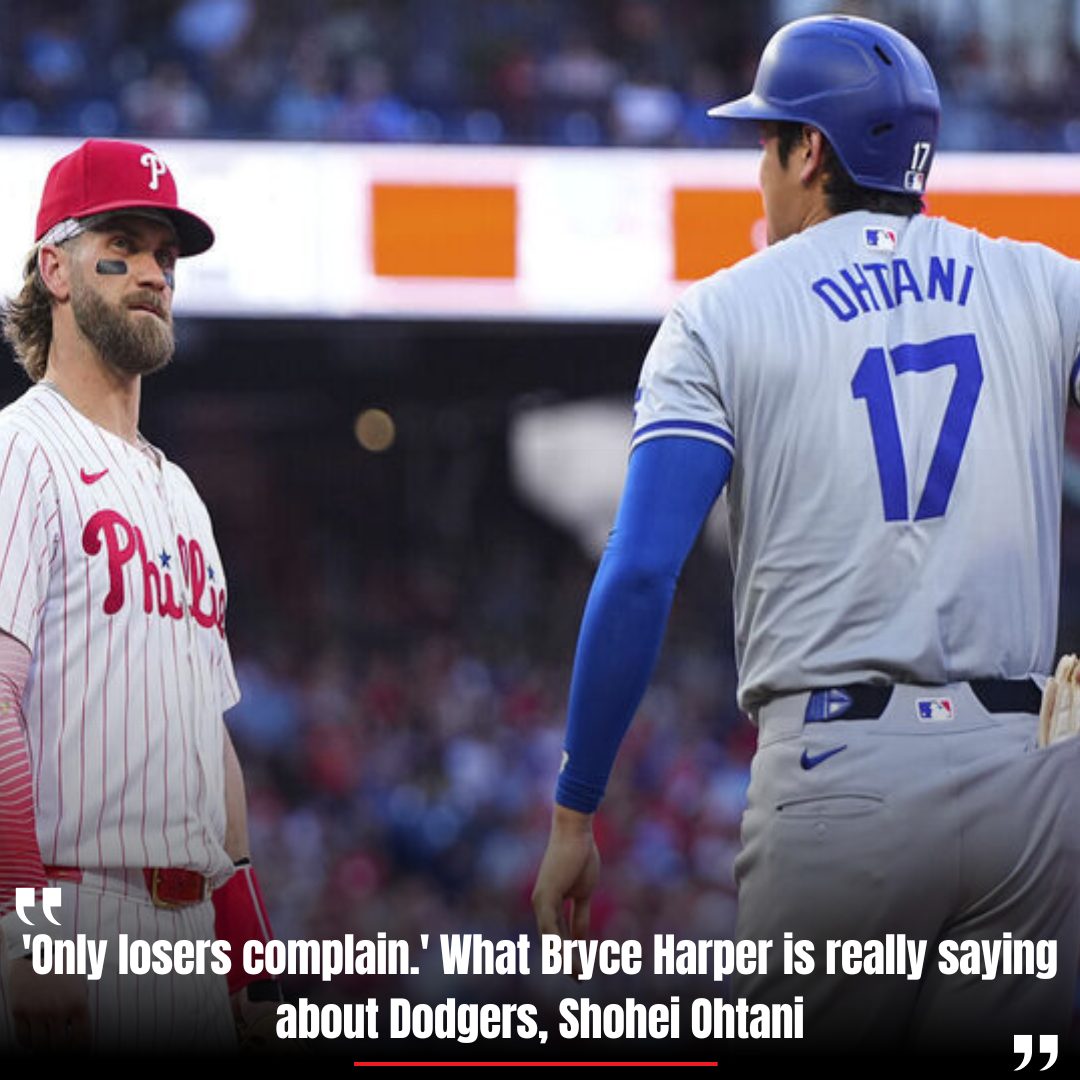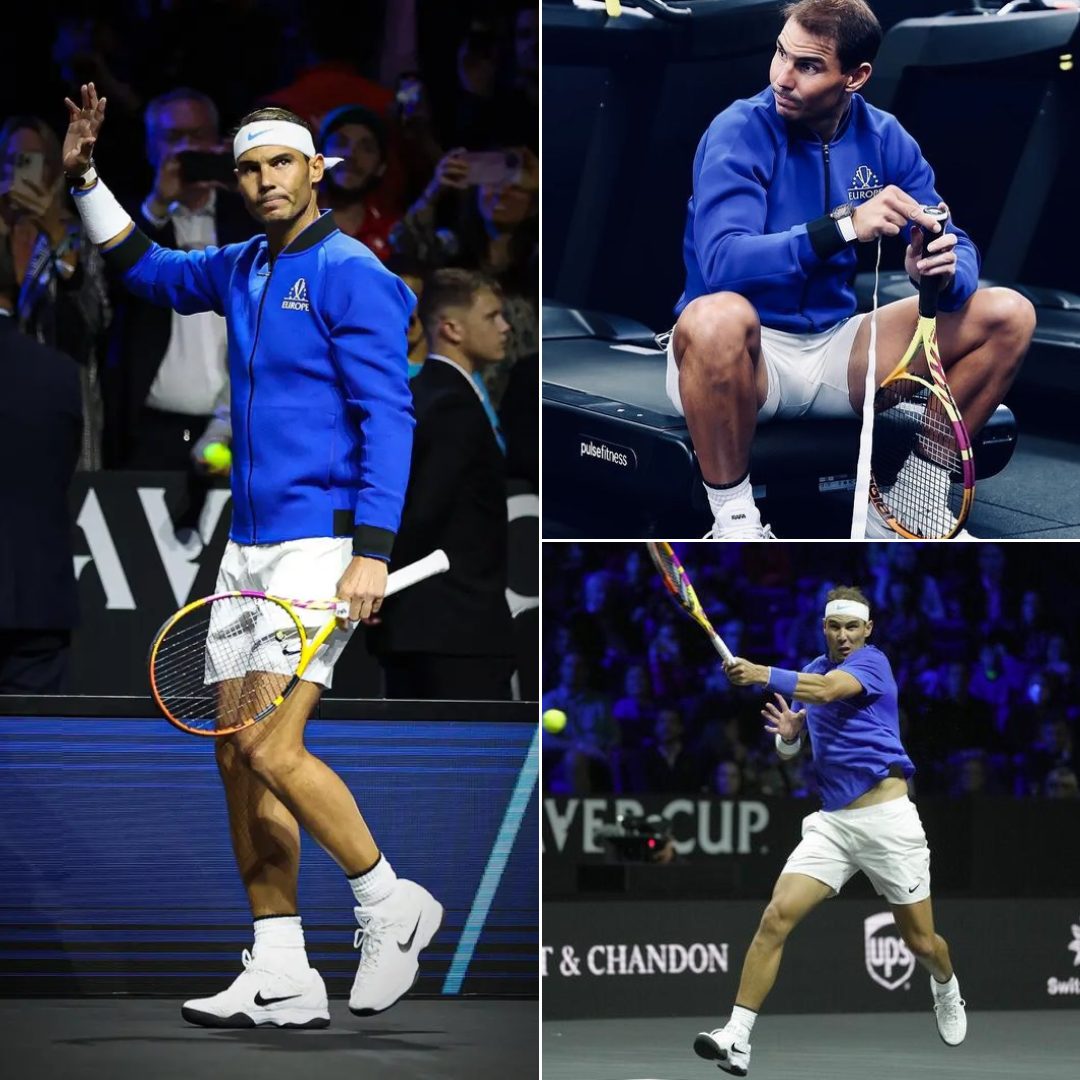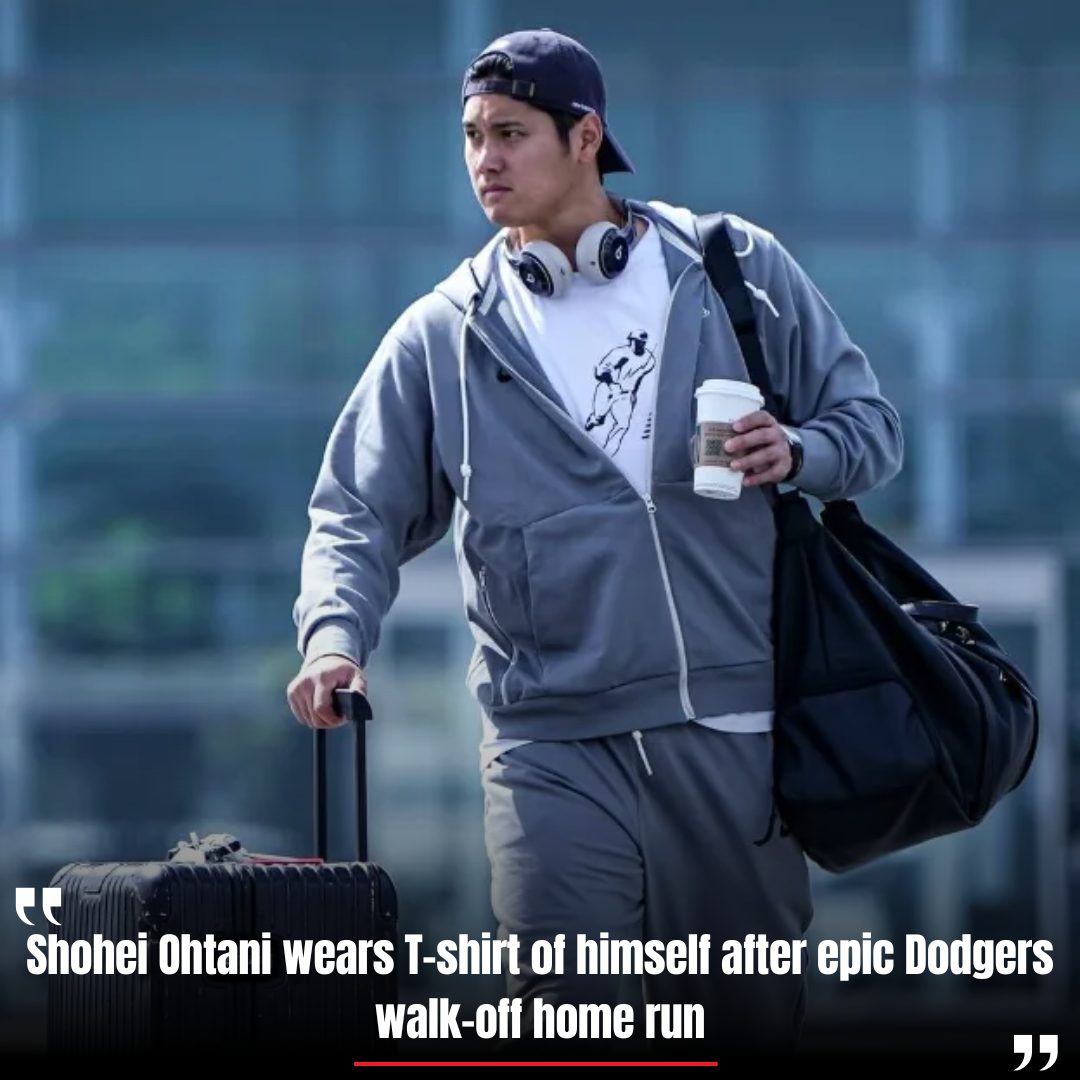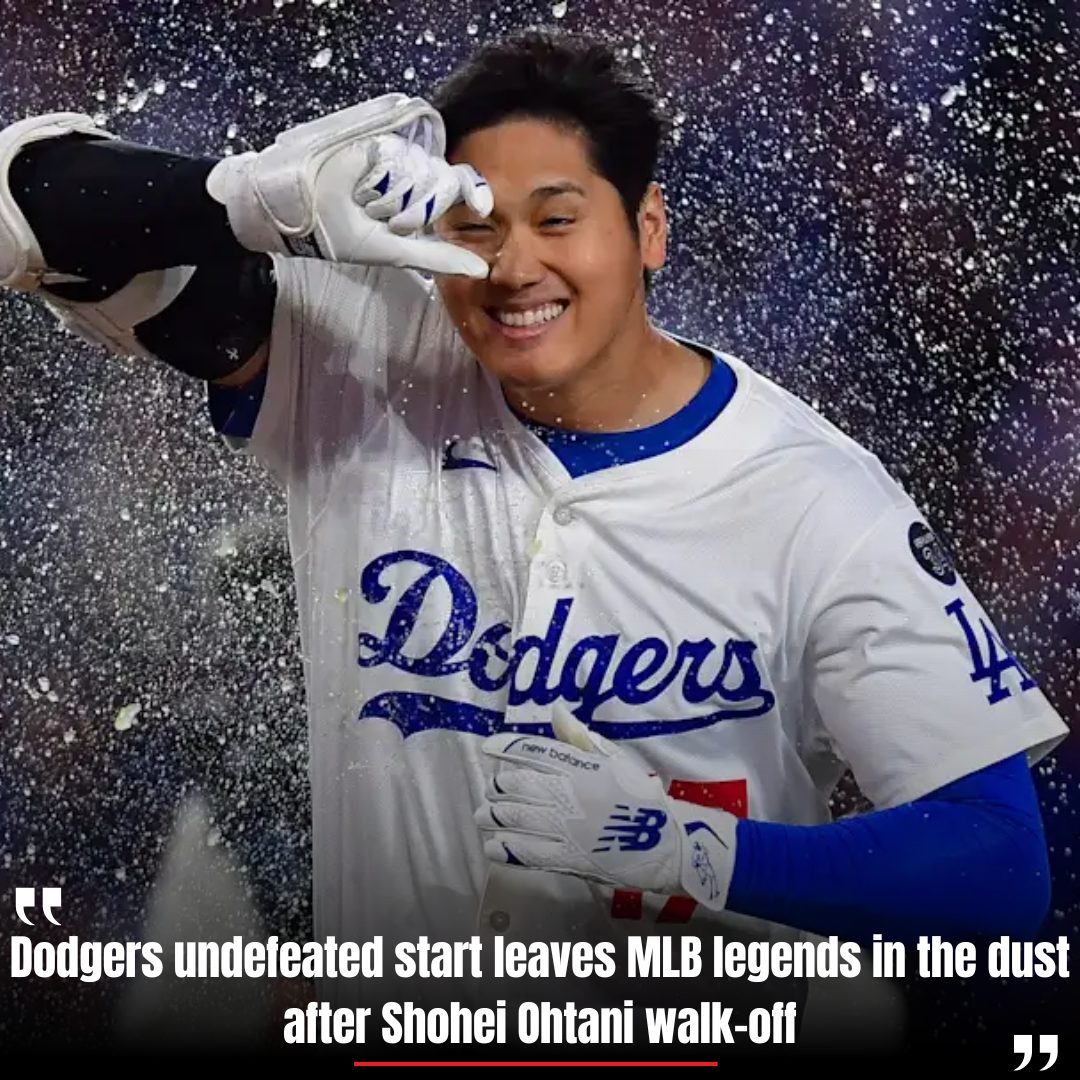Like Lloyd Christmas and Harry Dunne on a shopping spree, the Los Angeles Dodgers are racking up quite a few IOUs.
Unlike the Dumb and Dumber pair, however, the Dodgers are conducting savvy business with their newfound practice of pushing the bill into the future.
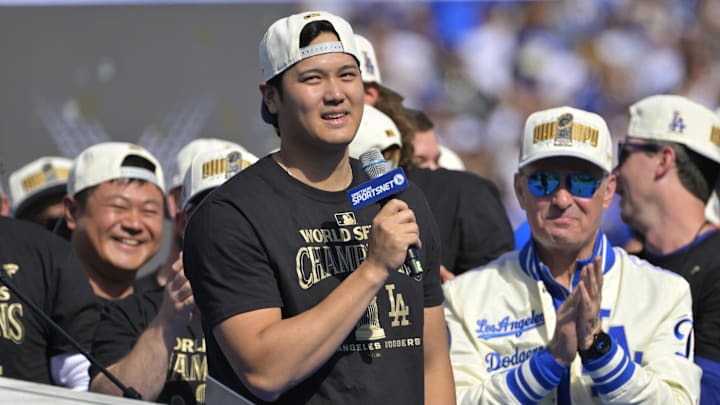


“An Ohtani contract, for example—[averaging out to] $70 million for 10 years—that $70 million should count against the luxury tax, not the present-day value,” The Athletic’s Ken Rosenthal opined during the latest Foul Territory podcast (9:18 mark). “That would prevent the Dodgers from playing games with this. It’s not that they’re doing anything illegal. It’s perfectly legal. But it would prevent them from skirting the luxury tax calculation in that fashion.”

